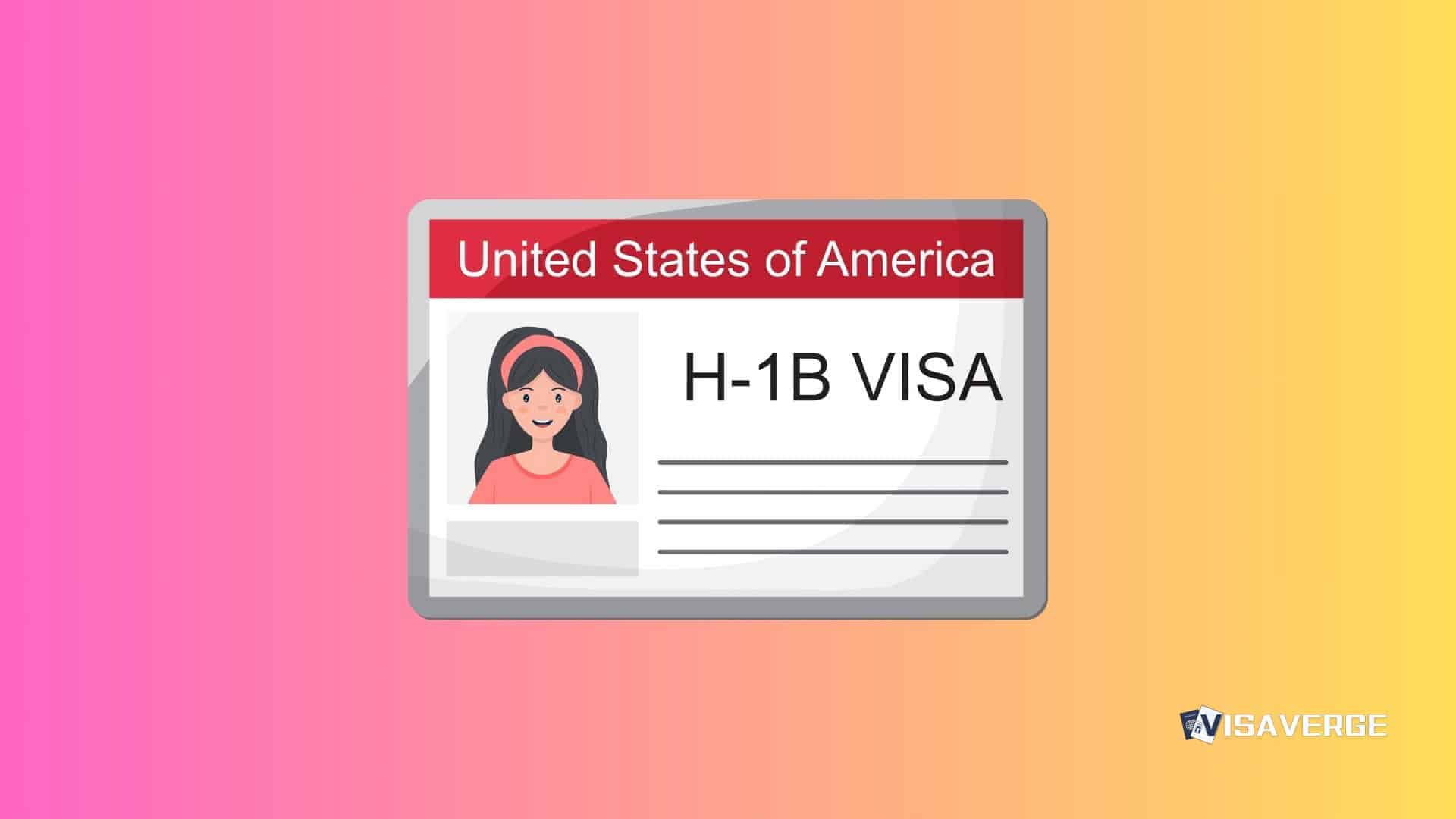Key Takeaways
• U.S. citizens and residents must report worldwide income on Form 1040 or 1040-SR by April 15, 2025.
• Nonresident aliens file Form 1040-NR reporting U.S.-source income and may claim tax treaty benefits.
• Filing thresholds vary by age and status; missing deadlines or forms causes penalties and immigration issues.
Filing your U.S. tax return is a key responsibility for both citizens, residents, and many nonresident aliens. The process can feel overwhelming, especially for immigrants and newcomers who may not be familiar with the rules. This guide breaks down the steps for tax return filing, explains who needs to file, and covers the forms, deadlines, and common mistakes to avoid. Whether you’re a U.S. citizen, green card holder, or a nonresident alien, you’ll find clear instructions and practical tips to help you meet your tax obligations.

Introduction: Why Tax Return Filing Matters
Every year, millions of people living in the United States 🇺🇸 must report their income to the Internal Revenue Service (IRS). This process is called tax return filing. U.S. tax law requires citizens and resident aliens to report all their income from anywhere in the world. Nonresident aliens, on the other hand, only need to report certain types of income from U.S. sources.
Filing your tax return correctly is important because:
- It’s required by law.
- It helps you avoid penalties and interest.
- You may be eligible for a refund or tax credits.
- It can affect your immigration status and future applications.
Let’s walk through the steps you need to follow to file your tax return, whether you’re a U.S. citizen, resident, or nonresident alien.
Step 1: Determine Your Tax Status
Before you start, you need to know your tax status. This affects which form you use, what income you must report, and your filing requirements.
1.1 U.S. Citizens and Resident Aliens
- U.S. citizens: Anyone born in the United States 🇺🇸 or naturalized.
- Resident aliens: People who are not citizens but meet the “green card” or “substantial presence” test.
Key Point: U.S. citizens and resident aliens must report all their income from anywhere in the world.
1.2 Nonresident Aliens (NRAs)
- Nonresident aliens: People who are not U.S. citizens or resident aliens.
- NRAs only report certain types of income from U.S. sources.
Key Point: NRAs do not report worldwide income—only income from U.S. sources.
Step 2: Gather Your Income Information
You need to collect all documents that show your income for the year. This will help you figure out your gross income and whether you need to file.
2.1 What is Gross Income?
Gross income is the total of all money you earned before taxes. It includes:
- Earned income: Salaries, wages, tips, professional fees, taxable scholarships, and fellowship grants.
- Unearned income: Unemployment compensation, taxable Social Security benefits, taxable pensions, annuity income, canceled debt, trust income, taxable interest, dividends, and capital gains.
Tip: Keep all your pay stubs, bank statements, and tax forms (like W-2s and 1099s) in one place.
Step 3: Check If You Need to File a Tax Return
Not everyone needs to file a tax return. The rules depend on your gross income, age, and filing status.
3.1 Filing Requirements for U.S. Citizens and Resident Aliens
You must file a tax return if your gross income is above a certain amount. The amount depends on your filing status and age.
2024 Gross Income Thresholds
| Filing Status | Age | Gross Income Threshold |
|---|---|---|
| Single | Under 65 | $14,600 |
| 65 or older | $16,550 | |
| Head of Household | Under 65 | $21,900 |
| 65 or older | $23,850 | |
| Married Filing Jointly | Both under 65 | $29,300 |
| One 65 or older | $30,750 | |
| Both 65 or older | $32,300 | |
| Qualifying Surviving Spouse | Under 65 | $29,200 |
| 65 or older | $30,750 | |
| Married Filing Separately | Any age | $5 |
Important: If your gross income is above the threshold for your status and age, you must file a tax return.
Example
- Maria is 30, single, and earned $15,000 in 2024. She must file a tax return because her gross income is above $14,600.
- John and his wife are both 67 and file jointly. Their gross income is $33,000. They must file because it’s above $32,300.
3.2 Filing Requirements for Nonresident Aliens
Nonresident aliens have different rules:
- There is no specific gross income threshold.
- If you have any U.S.-source income (with some exceptions), you may need to file.
You must file if:
- You worked or did business in the United States 🇺🇸 during the year (even if you made no money or are exempt by treaty).
- You received U.S. income not connected to a U.S. business, and the correct tax was not withheld.
- You are a representative for someone who died or for a trust that needs to file.
- You are a student, scholar, or trainee (on F, J, M, or Q visas) with any taxable U.S. income.
Tip: When in doubt, check the IRS rules for nonresident aliens or consult a tax professional.
Step 4: Choose the Correct Tax Form
The form you use depends on your tax status.
4.1 For U.S. Citizens and Resident Aliens
- Use Form 1040 or Form 1040-SR (for seniors).
Form 1040 is the standard tax return for most people. It asks for your gross income, deductions, credits, and tax owed or refund due.
4.2 For Nonresident Aliens
- Use Form 1040-NR (U.S. Nonresident Alien Income Tax Return).
Form 1040-NR is for people who are not U.S. citizens or residents but have U.S.-source income.
Note: You cannot use Form 1040 if you are a nonresident alien.
Step 5: Complete Your Tax Return
Now it’s time to fill out your tax return. This step can take a few hours, depending on your situation.
5.1 Gather Documents
- W-2 forms (from employers)
- 1099 forms (for other income)
- Bank statements
- Records of scholarships, fellowships, or grants
- Proof of deductions or credits (like education expenses or mortgage interest)
5.2 Fill Out the Form
- Enter your personal information (name, address, Social Security Number or ITIN).
- Report your gross income from all sources (worldwide for citizens/residents, U.S.-source for NRAs).
- Claim any deductions or credits you qualify for.
- Calculate your tax owed or refund due.
Time Estimate: 2–4 hours for most people. More if you have complex income or many deductions.
Tip: Use tax software or a professional preparer if you’re unsure.
Step 6: Claim Tax Treaty Benefits (If Eligible)
Some nonresident aliens can pay less tax or avoid tax on certain income because of tax treaties between their country and the United States 🇺🇸.
- You must claim treaty benefits on Form 1040-NR.
- Attach a statement explaining the treaty article and your claim.
Example: Indian students may claim a standard deduction under the U.S.-India tax treaty.
Important: If you don’t claim the treaty benefit on your return, you may pay more tax than you need to.
Step 7: File Your Tax Return
You can file your tax return by mail or electronically.
7.1 Filing Deadlines
- April 15, 2025: Deadline for most people to file 2024 tax returns.
- June 15, 2025: Deadline for nonresident aliens who did not earn wages as employees.
Tip: If you can’t file on time, request an extension using Form 4868.
7.2 Where to File
- E-file: Most U.S. citizens and residents can file online using IRS Free File or commercial software.
- Mail: Send your paper return to the address listed in the form instructions.
Note: Nonresident aliens may need to mail their Form 1040-NR to a special IRS address.
Step 8: Pay Any Tax Owed or Track Your Refund
If you owe tax, pay it by the deadline to avoid penalties and interest. If you’re due a refund, you can track it online.
- Pay online: Use the IRS Direct Pay system.
- Track refund: Use the Where’s My Refund? tool.
Common Pitfalls and How to Avoid Them
Filing taxes can be tricky. Here are some common mistakes and how to avoid them:
- Missing the deadline: File on time to avoid late fees.
- Using the wrong form: NRAs must use Form 1040-NR, not Form 1040.
- Not reporting all income: U.S. citizens and residents must report worldwide income. NRAs must report all U.S.-source income.
- Ignoring tax treaties: If you’re eligible for treaty benefits, claim them to reduce your tax.
- Forgetting to sign the return: Unsigned returns are not accepted.
- Incorrect Social Security Number or ITIN: Double-check your numbers.
Tip: Review your return carefully before filing.
Troubleshooting: What If You Make a Mistake?
If you realize you made a mistake after filing:
- File an amended return using Form 1040-X.
- For NRAs, use Form 1040-X with your corrected Form 1040-NR.
Time Estimate: 1–2 hours to prepare an amended return.
Checklist Summary: What You Need to File Your Tax Return
Before you start, make sure you have:
- Your Social Security Number or ITIN
- All income documents (W-2, 1099, bank statements)
- Records of deductions and credits
- The correct tax form (Form 1040, Form 1040-SR, or Form 1040-NR)
- Knowledge of your filing status and gross income
- Information about any tax treaty benefits
- A way to pay any tax owed or receive your refund
Official Resources and Further Reading
For the most up-to-date information, always check the IRS official website for international taxpayers. This page covers rules for foreign students, scholars, and all nonresident aliens.
As reported by VisaVerge.com, understanding your tax filing requirements is especially important for immigrants and nonresident aliens, as mistakes can lead to penalties or affect your immigration status.
Final Takeaways and Next Steps
- Know your tax status: This determines what income you report and which form you use.
- Calculate your gross income: Add up all your earned and unearned income.
- Check if you need to file: Compare your gross income to the threshold for your filing status and age.
- Use the right form: Form 1040/1040-SR for citizens and residents, Form 1040-NR for nonresident aliens.
- Claim any treaty benefits: Don’t pay more tax than you have to.
- File on time: Mark your calendar for the deadline.
- Keep records: Save copies of your return and all supporting documents.
If you’re unsure about any step, consider seeking help from a tax professional or a community organization that helps immigrants with tax filing. Filing your tax return correctly protects your finances and your future in the United States 🇺🇸.
Remember: Tax return filing is not just a yearly task—it’s a key part of living and working in the United States 🇺🇸. By following these steps, you can meet your legal obligations, avoid common mistakes, and make the most of your opportunities.
Learn Today
Gross Income → Total income earned before taxes, including earned and unearned income from all sources.
Nonresident Alien → A person not a U.S. citizen or resident alien, who reports only U.S.-source income for tax purposes.
Form 1040 → Standard U.S. tax return form used by citizens and resident aliens to report worldwide income.
Form 1040-NR → Tax return form used by nonresident aliens to report income from U.S. sources only.
Tax Treaty Benefits → Special tax reductions or exemptions granted under agreements between the U.S. and other countries.
This Article in a Nutshell
Filing a U.S. tax return is essential for citizens, residents, and many nonresident aliens. Understand your tax status, income, filing requirements, and forms to avoid penalties. Follow deadlines, claim treaty benefits if eligible, and keep records to ensure compliance and protect your immigration status and finances.
— By VisaVerge.com













